CISS Affiliates Reflect on Theme of “What Black Resistance Means to Me”
This article (by BU Today staff with photographs by Cydney Scott and Jackie Ricciardi originally appeared in BU Today on February 15, 2023.

Photo by Gemma Acheampong
Since 1976, the United States has designated February as Black History Month to celebrate and honor the achievements of Black Americans. The theme of this year’s observance is “Black Resistance.”
The Association for the Study of African American Life and History (ASALH), which oversees and coordinates the annual observance, notes on its website that “African Americans have resisted historic and ongoing oppression, in all forms, especially the racial terrorism of lynching, racial pogroms, and police killings since our arrival upon these shores.” In explaining why it chose “Black Resistance” as the 2023 theme, ASALH writes, “as societal and political forces escalate to limit the access to and exercise of the ballot, eliminate the teaching of Black history, and work to push us back into the 1890s, we can only rely on our capacity to resist.”
Resistance can take many forms and it means different things to different people. BU Today reached out to some members of the BU community with this question: “What does Black resistance mean to you?” Their thoughts covered pain and hope, joy and violence, faith and compassion. As the College of Arts & Sciences’ Vincent Stephens writes in his response: “Resistance remains a vital trope of Black life.”

“To resist is to work toward a collective rebuilding—the articulation of a new vision”
Harvey Young, dean of the College of Fine Arts
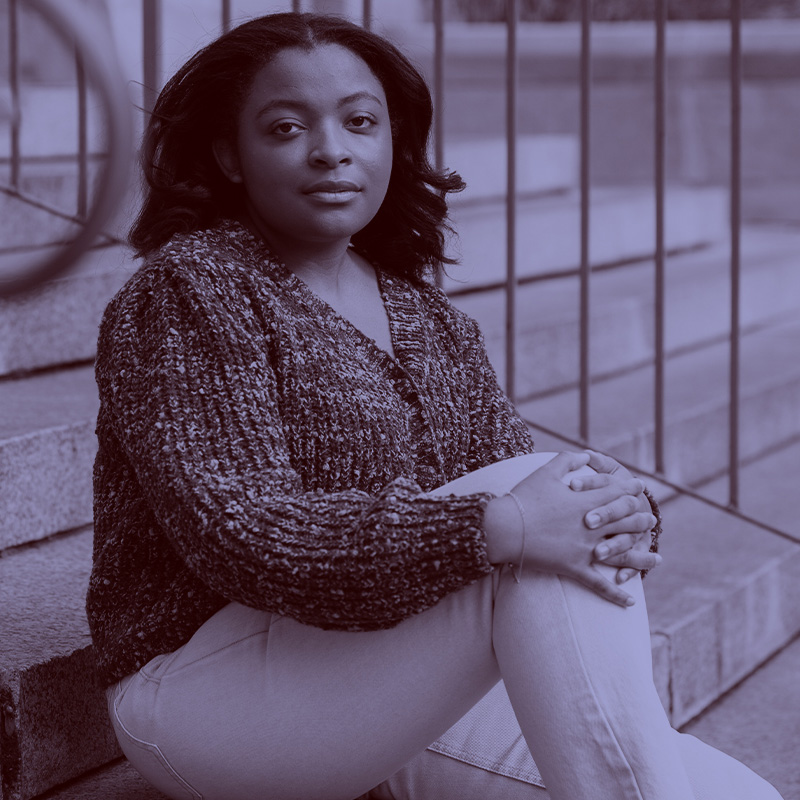
“Being a Black student at a predominantly white institution is a form of Black resistance”
Aasiya Norris (CAS’23/Political Science)
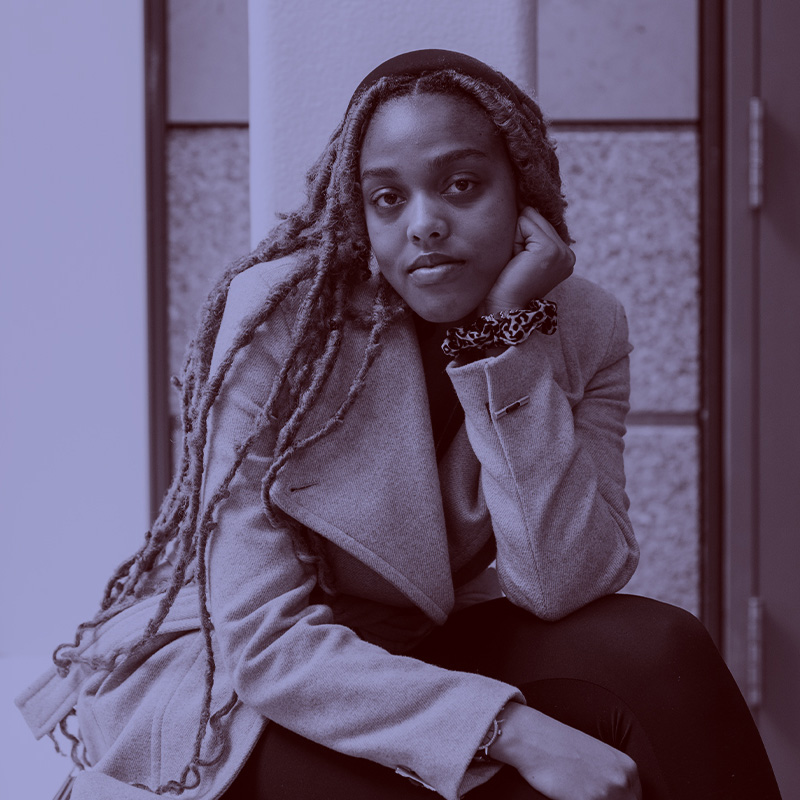
“Black resistance is not just something we do, it is who we are”
Deborah Williams (LAW’24), copresident, BU Law Women of Color Collaborative
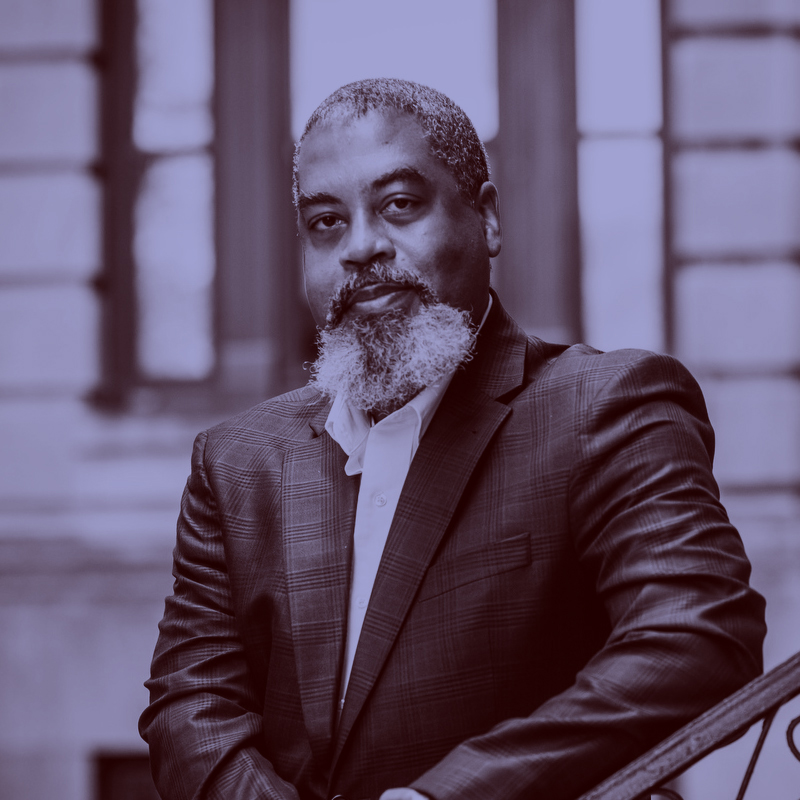
“The conspiracy of forgetting must be exposed, resisted, and defeated”
Phillipe Copeland, clinical assistant professor, School of Social Work, and assistant director of narrative, BU Center for Antiracist Research and CISS affiliate
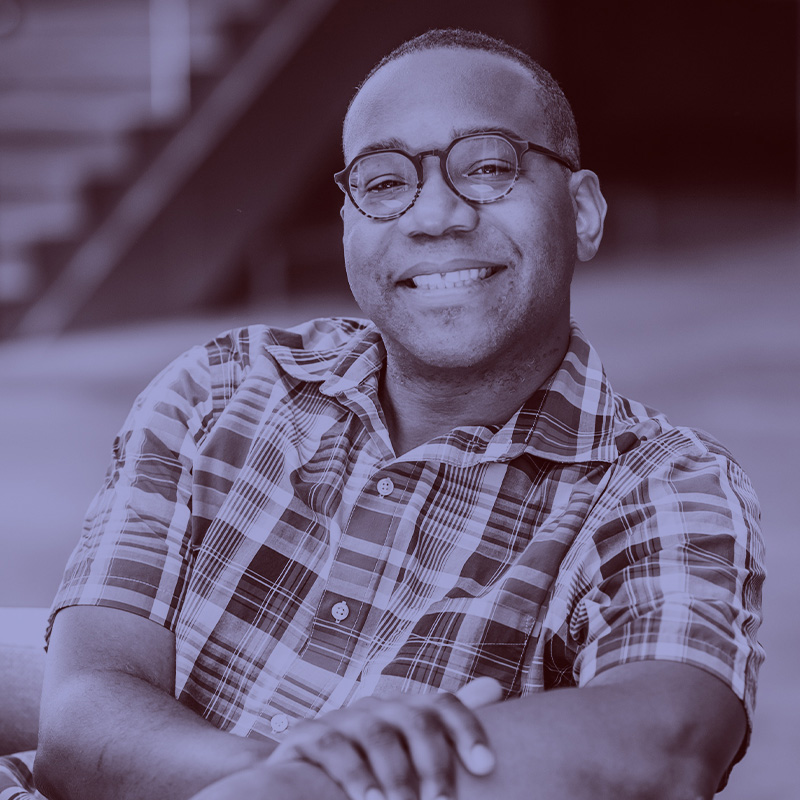
“Resistance remains a vital trope of Black life”
Vincent Stephens, associate dean for diversity and inclusion, College of Arts & Sciences

“The focus on Black resistance centers my attention on the successes and triumphs of Black people against oppression”
Elaine O. Nsoesie, associate professor of global health, School of Public Health, and faculty lead, Racial Data Tracker, Center for Antiracist Research
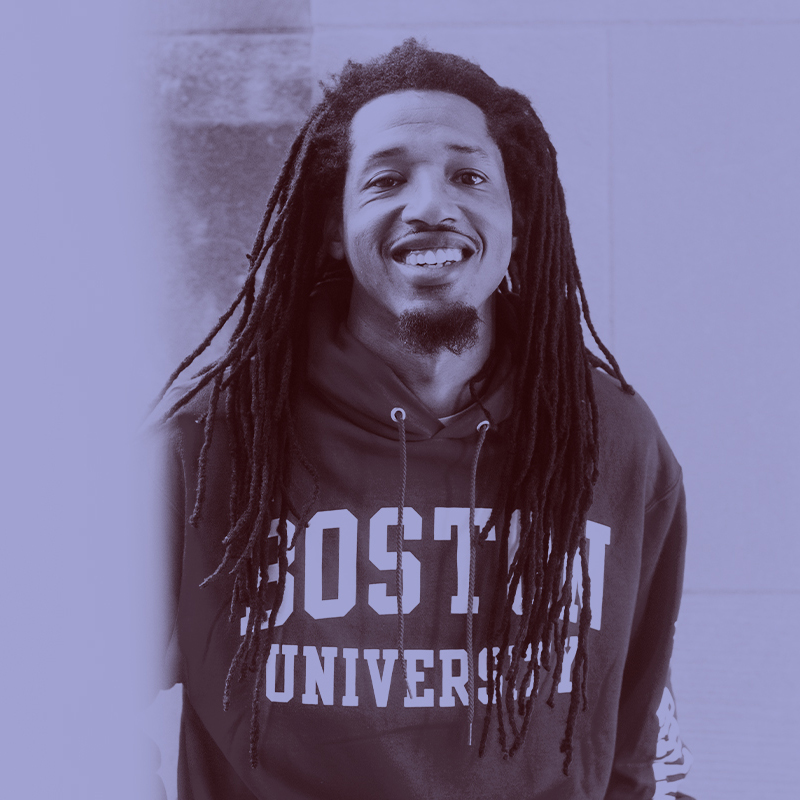
“Black resistance depends on Black history”
Darien Pollock, assistant professor of philosophy, CAS
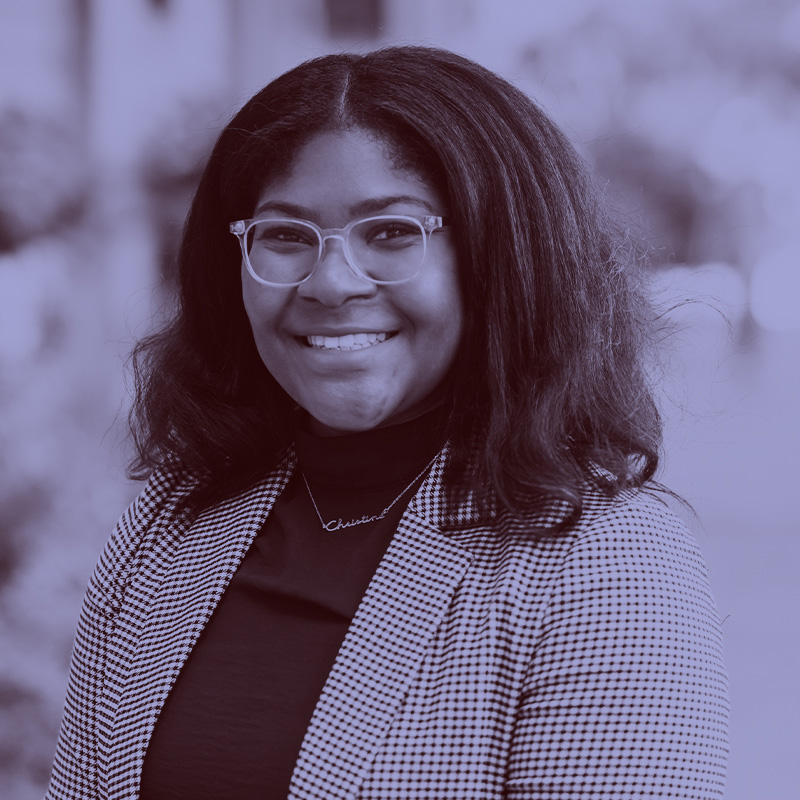
“Withstanding oppression while maintaining an outlook of hope, remaining perseverant, and striving for a better world…that’s Black resistance”
Christine Slaughter, associate professor of political science, CAS, and CISS affiliate
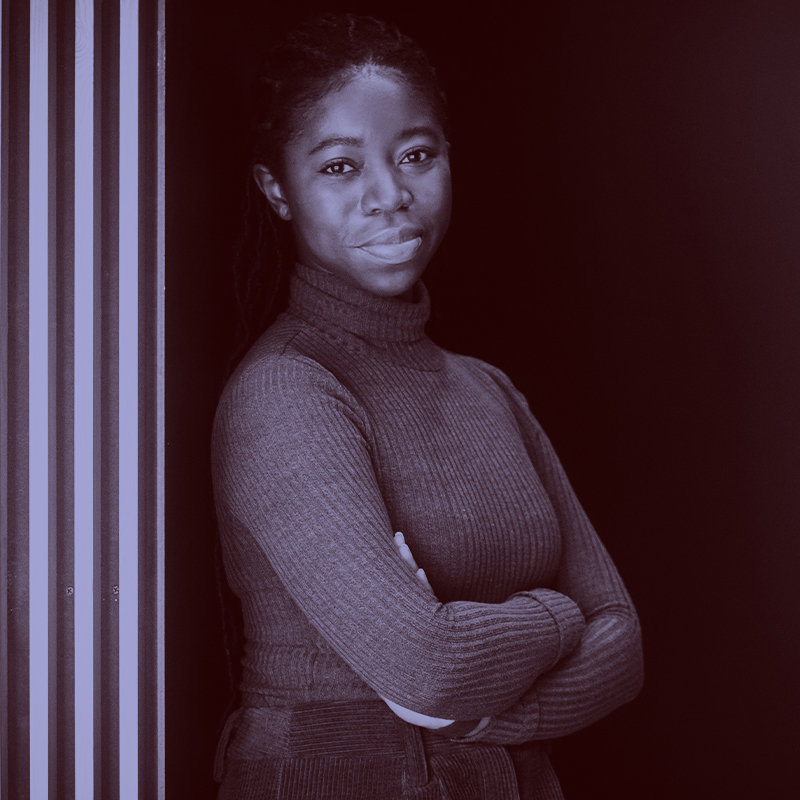
“Black resistance requires both knowing and sharing Black stories”
Tomeka Frieson (SPH’23)
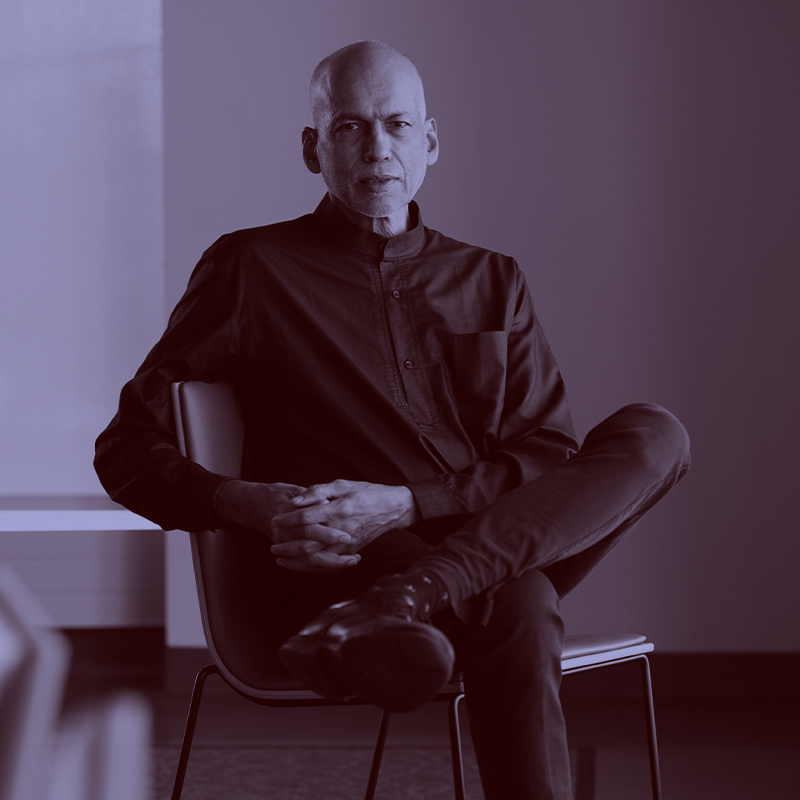
“Resistance may be the path for Black people, but…it is an ethical obligation for all people, regardless of race”
André de Quadros, professor of music and music education, CFA, and a longtime instructor in BU’s Prison Education Program

“Black communities and individuals get to decide for themselves what constitutes resistance”
Margarita Simon Guillory, associate professor of religion, CAS; and CISS affiliate and Steering Committee member

Black joy is Black resistance
Eron Hackshaw, director for public service and pro bono, Office of Career Development and Public Service, School of Law

“Black resistance…along with a commitment to nonviolent social change, has been our history”
Andrea Taylor (COM’68), BU’s senior diversity officer

“The question that hangs before us is, ‘What form should Black resistance take now?’”
Frank Rudy Cooper, visiting professor of law, BU School of Law, and William S. Boyd Professor of Law and director of Program on Race, Gender & Policing, William S. Boyd School of Law, University of Nevada, Las Vegas
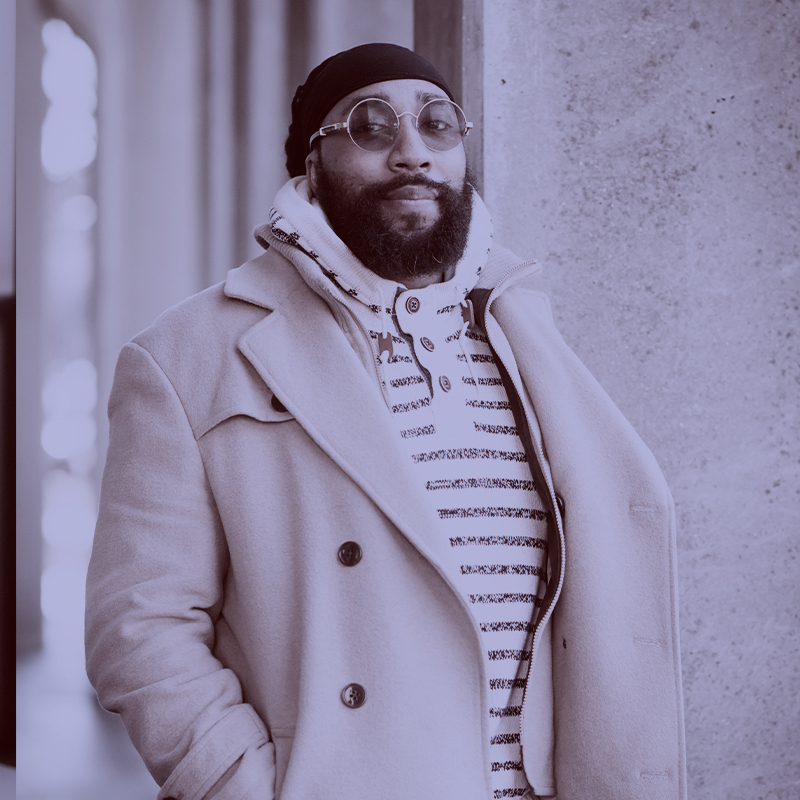
“When I think of Black resistance I think of Black joy”
Gregory Benoit, lecturer in math education and assistant director of the Earl Center for Learning & Innovation, Wheelock College of Education & Human Development

“I witness Black resistance in my patients every day”
Vonzella Bryant, assistant professor of emergency medicine and assistant dean of student affairs, Chobanian & Avedisian School of Medicine
